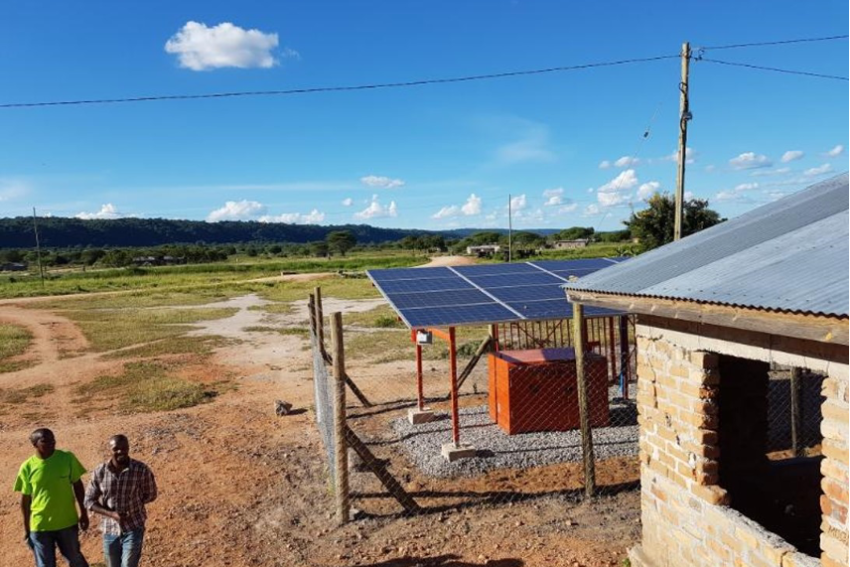
We need an energy access revolution: A new approach to innovation can help
This piece for PV Magazine explains how the radical decrease in the cost of the green technologies of solar and battery storage provides an unparalleled opportunity to close this gap and achieve universal electricity access by 2030.
This piece for PV Magazine explains how the radical decrease in the cost of the green technologies of solar and battery storage provides an unparalleled opportunity to close this gap and achieve universal electricity access by 2030.
The energy sector is witnessing a major transformation, especially in the realm of mini-grids powered by solar and storage, which have become increasingly cost-effective over the past decade. Despite their cost advantages in many areas, mini-grids are not yet cheap enough to be profitable for connecting low-income, off-grid populations. To accelerate innovation in this sector, the Rockefeller Foundation and CrossBoundary initiated the Mini-Grid Innovation Lab in 2018.
The Lab adopts a hybrid model that combines the strengths of both private and public sector innovation. It consists of 25 private mini-grid companies and is funded by public and donor funds. Every quarter, these companies identify and design innovations to test within their operations. The Lab then funds these trials under the condition that the companies share the resultant data. The data is analyzed, findings are made publicly available, and the cycle of innovation continues.
This unique approach seeks to combine the private sector’s speed and subject-matter expertise with the public sector’s emphasis on information sharing and long-term, patient funding. The Lab is currently testing multiple innovations with the potential to make mini-grids commercially viable, focusing on reducing capital expenditures and increasing average revenue per user.






